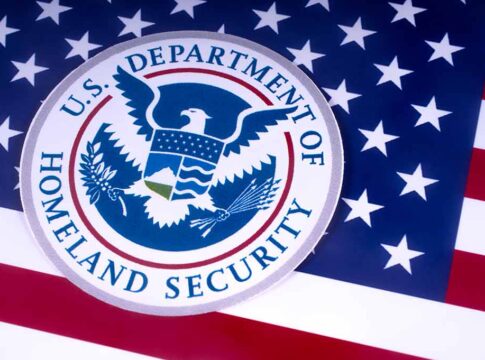The President of the United States national emergency aims to combat threats that have plagued the nation for years. This unprecedented step underscores the administration’s commitment to safeguarding citizens from the devastating effects of unchecked illegal immigration. How will the military be involved in border security efforts?
Presidential Declaration Unveils Urgent Border Crisis
The President of the United States has taken a monumental step by declaring a national emergency at the southern border. This declaration comes in response to what the administration describes as an “invasion” causing widespread chaos, suffering, and deaths across the nation over the past four years.
The proclamation cites numerous threats to national security, including cartels, criminal gangs, terrorists, human traffickers, smugglers, and the influx of illicit narcotics. To address these pressing concerns, the President has invoked sections of the National Emergencies Act and U.S. Code to authorize military involvement in border security efforts.
🧵 Thread Of Executive Orders signed 🧵
Trump declares national emergency at the southern border by executive order pic.twitter.com/MEPuQKCbda
— Culture War (@CultureWar2020) January 21, 2025
Military Deployment and Enhanced Border Infrastructure
Under this declaration, the Secretary of Defense is directed to deploy military personnel and resources to support border control efforts. This unprecedented move aims to bolster the capabilities of the Department of Homeland Security in managing the crisis.
A key component of the strategy involves the construction of additional physical barriers along the southern border. The administration believes these structures will play a crucial role in deterring unauthorized entry and curbing drug trafficking activities.
🚨Trump announces a National Emergency on our southern border🚨 pic.twitter.com/x3C8OaPBMj
— DC_Draino (@DC_Draino) January 20, 2025
Innovative Approaches and Policy Revisions
The national emergency declaration introduces innovative approaches to border security, including the consideration of waiving regulations to counter unmanned aerial systems near the border. This measure reflects the administration’s commitment to employing cutting-edge technologies in fortifying border zones.
Furthermore, the proclamation calls for a comprehensive revision of policies and strategies to prioritize border security and ensure the safety of personnel. These changes are expected to enhance the overall effectiveness of border control measures and address longstanding vulnerabilities.

